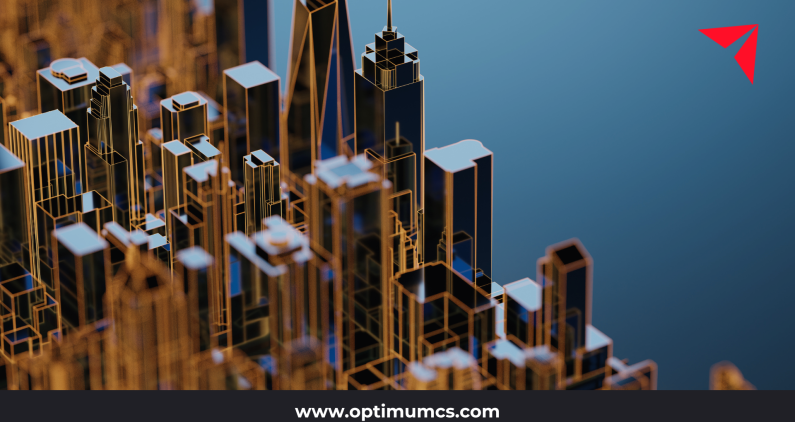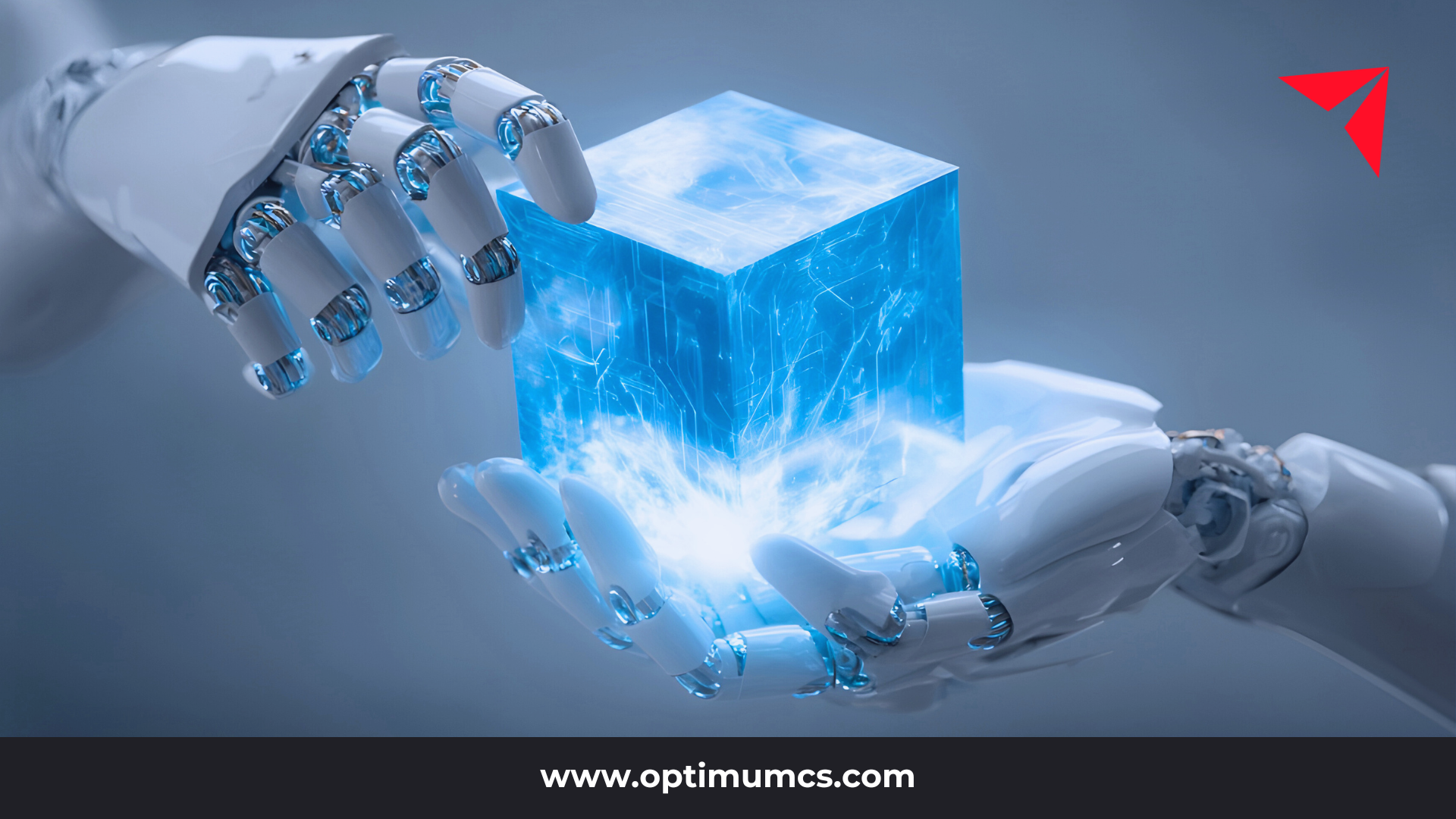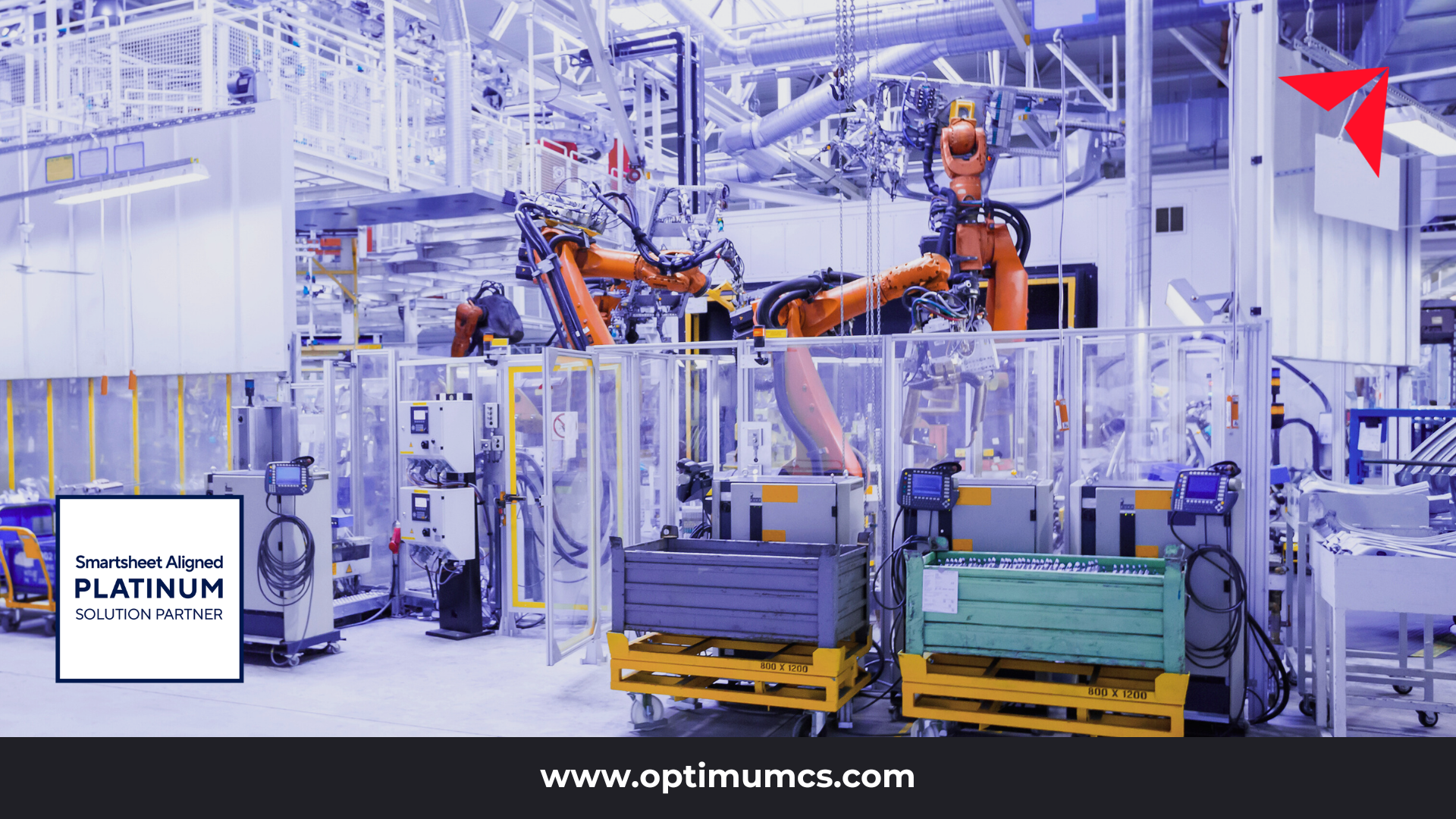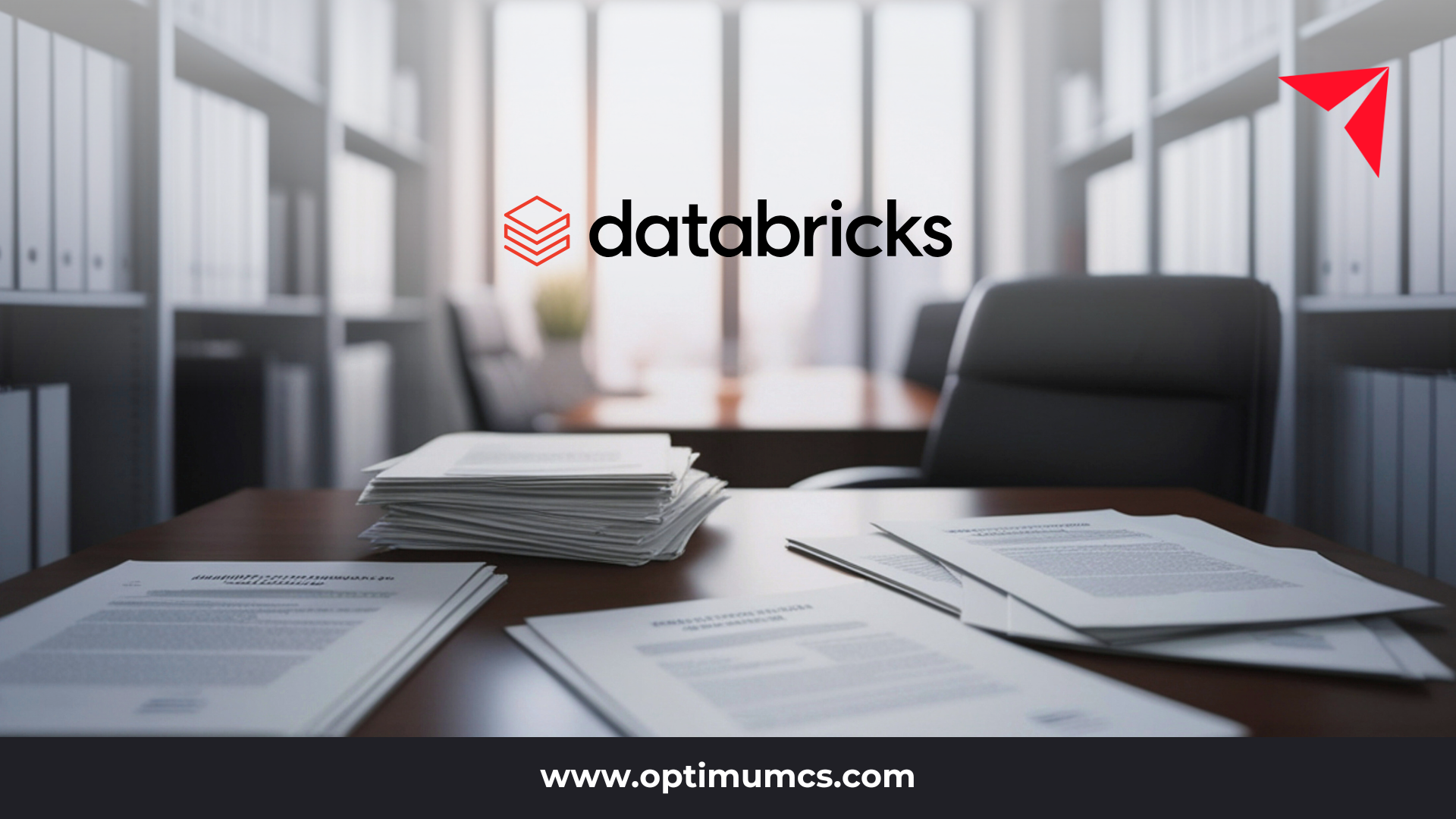The construction industry is under increasing pressure to deliver projects on time, within budget, and at the highest standards of safety and quality. Yet, persistent challenges, such as rising material costs, labor shortages, and fragmented data, make achieving these goals difficult. At the same time, firms are generating unprecedented volumes of information from BIM models, IoT sensors, drones, and equipment logs. The real challenge lies not in capturing data, but in transforming it into actionable intelligence.
This is where AI and construction converge to create new opportunities. By applying predictive analytics, project teams gain the ability to anticipate risks, optimize resources, and improve decision-making across the entire project lifecycle. Predictive analytics is more than a technology trend — it represents a shift toward construction data analytics that drives measurable outcomes: reduced risk, greater efficiency, and smarter project delivery.
The Role of Predictive Analytics in Construction
Predictive analytics is redefining how construction projects are planned, managed, and delivered. By analyzing historical data alongside real-time project inputs, AI-driven models can anticipate outcomes with a level of accuracy that traditional methods cannot match. This enables leaders to identify risks before they escalate, make proactive adjustments, and ensure projects progress smoothly.
At its core, artificial intelligence in construction leverages big data analytics in the construction industry to bring clarity to complex variables, such as timelines, budgets, labor, equipment, and safety. Predictive models process thousands of data points simultaneously, allowing teams to forecast scenarios that would otherwise go unnoticed. Instead of reacting to problems after they occur, organizations can strategically prevent delays, cost overruns, and safety incidents.
By embedding predictive analytics into daily workflows, firms move beyond isolated dashboards or reports. They establish a dynamic system of construction data analytics software that continuously informs decision-making and strengthens project outcomes.
Overcoming Construction’s Biggest Challenges with AI
Construction leaders face a familiar set of obstacles: projects that run over budget, schedules that slip, and resources that never seem fully optimized. Safety risks remain a constant concern, while global supply chain disruptions add uncertainty to planning and procurement. Even when firms succeed in collecting vast amounts of operational data, much of it remains underutilized, leaving leaders to make decisions without the benefit of comprehensive insights.
Predictive analytics changes this dynamic by transforming these challenges into opportunities for smarter management. By applying construction data analytics, AI helps firms address the most pressing issues holding projects back:
- Project delays and budget overruns: AI models analyze past project performance alongside real-time inputs to forecast risks early. This allows managers to adjust schedules and budgets before problems escalate, keeping delivery on track.
- Inefficient resource allocation: Predictive systems identify where labor, equipment, and materials will be most needed, preventing bottlenecks and ensuring resources are deployed effectively.
- Jobsite safety risks: AI-powered monitoring tools scan for unsafe conditions and predict potential hazards, enabling proactive measures that protect workers and reduce costly incidents.
- Data overload without insights: Instead of fragmented dashboards and disconnected reports, AI consolidates diverse datasets into meaningful forecasts that directly inform decision-making.
- Supply chain uncertainty: Predictive analytics evaluates supplier performance, market fluctuations, and logistics patterns to anticipate shortages and recommend alternative strategies.
By reframing these persistent problems through construction technology trends like predictive analytics, firms not only mitigate risks but also create a more resilient and efficient project environment.
How Predictive Analytics Powers Smarter Projects
Construction firms are incorporating predictive analytics into their operations to more accurately forecast risks, manage costs, and protect workers. Instead of relying on static plans, leaders now work with data-driven models that adapt as projects evolve. The result is more accurate schedules, safer job sites, and better resource utilization, all of which contribute to stronger project outcomes:
- Smarter project forecasting: Historical performance data, contract structures, and site conditions are combined to predict schedules with accuracy. This helps leaders set expectations with confidence and avoid disputes later in the project.
- Optimized resource planning: AI continuously recalibrates labor, equipment, and material needs in response to real-time project dynamics. This flexibility reduces idle time and prevents costly bottlenecks.
- Proactive safety management: IoT sensors and computer vision monitor site conditions to identify risks before they escalate. Supervisors receive alerts early enough to intervene, reducing incidents and downtime.
- Dynamic cost control: Ongoing expenditures are benchmarked against predictive baselines, making it easier to spot potential overruns. Teams can adjust procurement strategies or rebalance budgets before problems become critical.
- Stronger asset performance: Sensor data from heavy machinery feeds predictive maintenance models that forecast repair needs. Planned interventions extend the lifespan of equipment while minimizing unexpected breakdowns.
When these capabilities work together, projects become more resilient. Teams can anticipate challenges, adjust proactively, and deliver with greater reliability, creating measurable gains in both efficiency and profitability.
Emerging Construction Technology Trends with AI
Predictive analytics is only the beginning. As construction technology trends evolve, AI is converging with other innovations to create smarter, more sustainable projects. Forward-looking firms are already exploring how these technologies can extend the value of artificial intelligence in construction:
- Integration with digital twins: AI enhances digital twin models by feeding them real-time data from sensors and equipment. This allows project managers to simulate various scenarios and assess the impact of their decisions before taking action.
- AI-powered robotics: Semi-autonomous machinery, such as bulldozers and bricklaying robots, is improving productivity and reducing human exposure to dangerous tasks. By handling repetitive or hazardous work, these systems free up skilled labor for higher-value responsibilities.
- Sustainability and energy efficiency: AI-driven models optimize energy use in buildings and construction processes. From predicting HVAC demands to analyzing material efficiency, AI helps firms meet stricter environmental standards and reduce carbon emissions.
- Advanced supply chain intelligence: Predictive analytics is being paired with external market data to anticipate disruptions in global supply chains. This capability allows firms to adjust procurement strategies well before shortages impact projects.
- Integration with BIM and cloud platforms: As building information modeling becomes more central to project delivery, AI is amplifying its value. By analyzing vast amounts of design and scheduling data, predictive models enable teams to refine their designs and streamline construction sequencing.
These emerging capabilities signal a broader transformation. The construction industry is shifting from reactive problem-solving to proactive, data-driven project management, positioning AI not as a standalone tool, but as the foundation of a more intelligent ecosystem.
Partner with Optimum to Build Smarter, Safer Projects
AI is no longer experimental in the construction industry. It’s reshaping how projects are planned, delivered, and maintained. Predictive analytics enables firms to forecast risks, optimize resources, and make decisions with confidence. Combined with advances in robotics, sustainability, and supply chain intelligence, big data analytics in the construction industry is creating a new standard for efficiency and safety.
At Optimum, we help construction companies turn these possibilities into measurable outcomes. Our expertise in construction data analytics software ensures that your organization can unify data, adopt predictive models, and align technology investments with business results. With the right foundation, you achieve better project delivery and a sustainable competitive advantage.
About Optimum
Optimum is an award-winning IT consulting firm, providing AI-powered data and software solutions and a tailored approach to building data and business solutions for mid-market and large enterprises.
With our deep industry expertise and extensive experience in data management, business intelligence, AI and ML, and software solutions, we empower clients to enhance efficiency and productivity, improve visibility and decision-making processes, reduce operational and labor expenses, and ensure compliance.
From application development and system integration to data analytics, artificial intelligence, and cloud consulting, we are your one-stop shop for your software consulting needs.
Reach out today for a complimentary discovery session, and let’s explore the best solutions for your needs!
Contact us: info@optimumcs.com | 713.505.0300 | www.optimumcs.com








